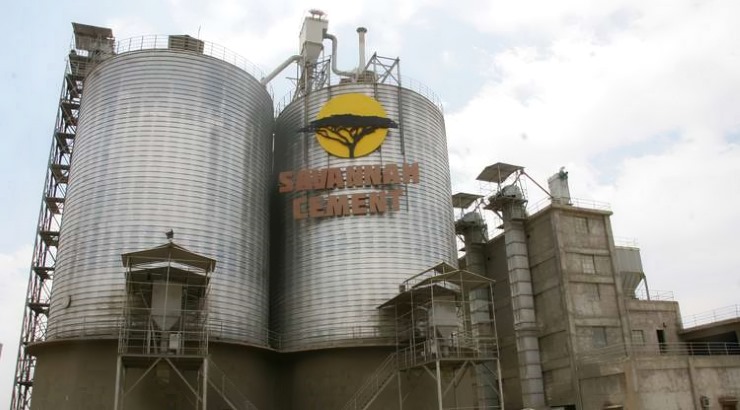Materials & Supplies
Savannah Cement Inks Sh38bn Deal with China Firm
Company to build clinker making plant and a cement factory in Kitui.

Savannah Cement is set to embark on its most ambitious expansion project in many years after striking a Sh37.8 billion ($300 million) deal with Chinese company Simona.
The deal, which was signed last week, will help Savannah Cement to build a clinker manufacturing plant and a cement factory in Mwingi North, Kitui County.
The cement plant will be completed within months, while the clinker manufacturing unit will be completed in about two years.
The facility will crush locally available limestone to clinker – a key raw material for cement production – in addition to a 100-tonne per hour cement grinding plant, the company said.
The development will drastically raise the capacity of Savannah Cement – making it one of the three largest cement manufacturers in the East African region.
Power plant
According to the company chairman Benson Ndeta, the contractor will build a power plant to run the entire complex as a means to ensure sustainability and lower plant operation costs.
“Within the five years of initial clinker extraction, we will replace fossil-fuel-based power requirement with solar power and thermal re-circulation, becoming the first plant in the region to achieve this,” Mr Ndeta said on Thursday.
RELATED: Savannah Cement Eyes Road Sector Billions with New Product
Within seven years, Savannah Cement hopes to have fully gone green and generate 13MW of renewable energy to power its factories as part of its pledge to meet the Sustainable Development Goals (SDGs) in the wake of the global fight against climate change.
Savannah Cement will also develop the single largest kiln in East Africa, producing 8,000 tonnes of items daily even as it seeks to expand its market in Uganda and the Great Lakes.
Kenya has a clinker deficit of about 3.5 million tonnes a year, and the proposed clinker manufacturing plant is a great step towards making the country clinker sufficient.
Local cement manufacturers spend about Sh15 billion annually to import clinker – a figure that is likely to go up considering that global clinker prices have more than doubled since the eruption of Covid-19 pandemic.
The global surge in the cost of coal, which is used in the manufacture of clinker saw cement prices in Kenya hitting the roof in April – with a 50kg bag of the commodity selling for as high as Sh850.
Prices of cement have, however, dropped in recent months as manufacturers raise production of the commodity in the wake of improved availability of clinker.














